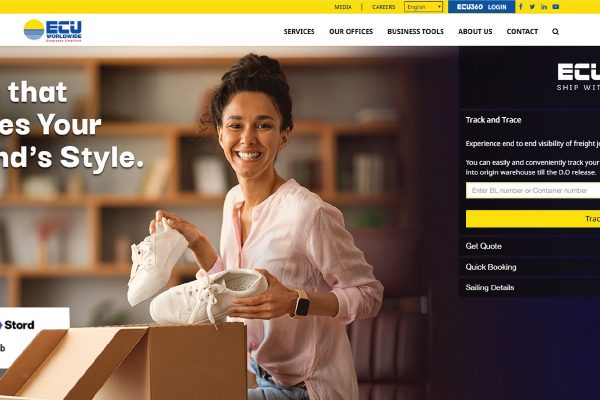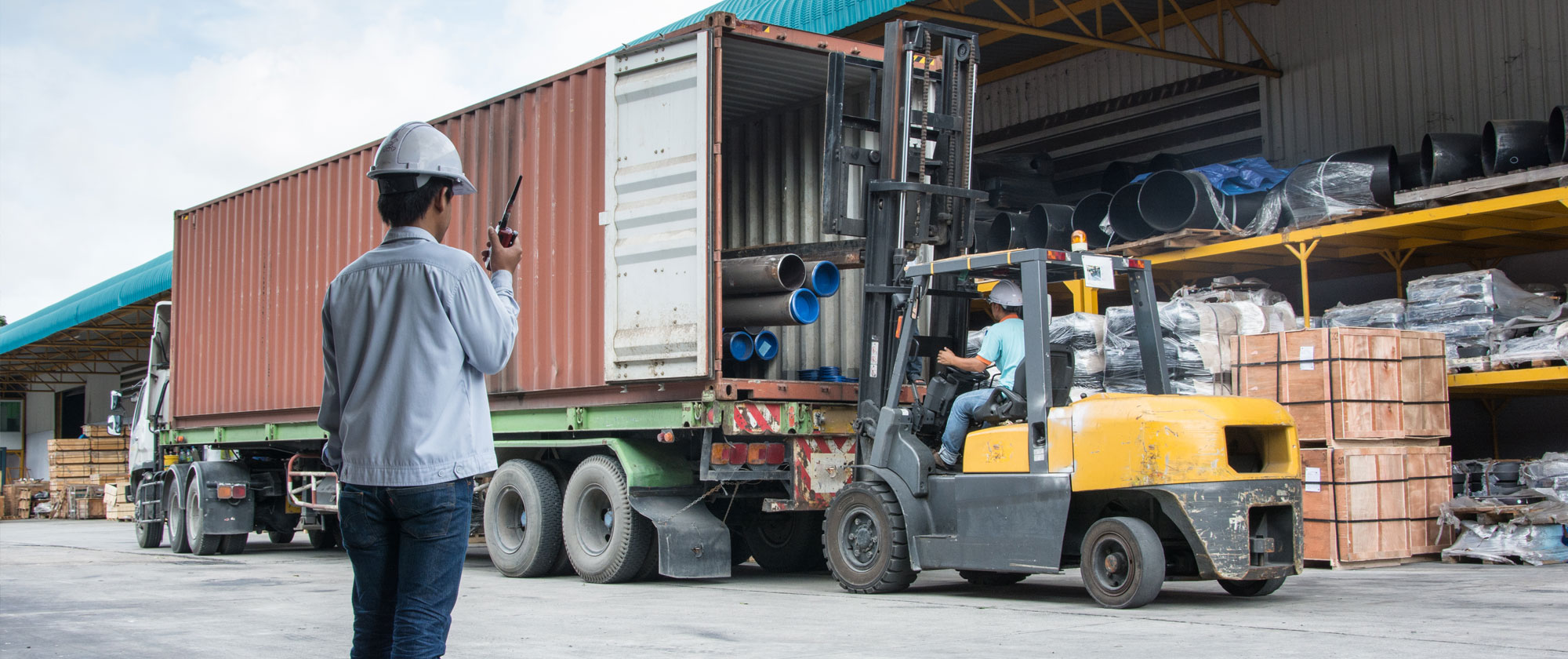Increasing trade conflicts among countries are drastically impacting the cost of shipping cargo around the world. Under such circumstances, it is becoming essential for companies to make an informed choice by understanding how Full Load Container (FCL) and Less than Container Load (LCL) businesses function and their impact on the bottom line.
The container shipping sector is yet to completely come out of the blue. Effects of overcapacity in the form of low freight rates continue to show. The ongoing trade slowdown has added to the trade woes.
There is a demand and supply mismatch. Consequently, the industry is focusing on consolidation through mergers and acquisitions, a trend which is expected to further gain traction over the years.
As of 2018, the global idle container fleet was accounted at 65 vessels with a total capacity of 191,000 TEUs, a significant improvement from the idle fleet size of 330 vessels with a capacity of 1.36 million TEUs in 2015. With numerous factors impacting the cost of shipping cargo, it is necessary that both businesses and logistics companies have a detailed understanding of the intricacies of the industry to ensure the system evolves into becoming mutually beneficial for both. One of the basic steps towards understanding the industry better is to clearly differentiate between how Less than Container Load (LCL) and Full Load Container (FCL) operate – the two shipping methods involved in the transportation of cargo. “As logistics service providers, our years of experience and expertise have helped us develop capabilities to offer services customised to specific business requirements. Through services across 2400+ direct trade lanes, hubs at all major locations, partnerships with core carriers or a team that’s well-equipped to provide information and advice, our aim is to reduce complexities for our customers. They can focus on their business while we take care of the logistics,” said Mr. Tim Tudor, CEO, ECU Worldwide.
FCL vs LCL
As their respective name suggests, FCL shipping method is used to transport cargo belonging to a single consignee while LCL consolidates goods for different consignees into a single container to transport to a common destination. Given are a few factors which should be considered when choosing a shipment method:
Size and nature of the consignment
The size and nature of the materials to be transported dictate the shipping method that best suits the consignee’s needs. If the size of the consignment is less than 7 cubic meters or 5 metric tons then LCL is preferred. On the other hand, if the shipper plans to transport cargo in bulk, FCL is the preferred method. Irrespective of the business domain, the choice of shipping method is commodity and demand specific. The type of material being transported is also important to understand the kind of service to choose. Large machinery, equipment and project cargo that is heavy often requires FCL, but LCL is also a very viable option always.
Cost and time
While LCL is often more affordable as compared to FCL owing to smaller shipments, the transit time can frequently be very similar or the same if the same vessel schedule is used. The shipment routes do not impact the cost of LCL and FCL shipments. ECU Worldwide operates direct weekly services from major port pairs, including hubs. This makes the company one of the preferred partners for direct LCL shipments.
Complexity
FCL is convenient when transporting goods in in larger volumes. But there may be more complexity involved in the process with the responsibilities of container pick up, de-stuffing, and the overall planning for packaging and cargo management. LCL, on the other hand, is just-in-time kind of approach where ECU Worldwide takes on all the above-mentioned responsibilities on behalf of their customers.
ECU Worldwide – One-stop shop for different container shipping needs
With numerous factors impacting the choice of container shipping methods, it is beneficial for businesses to work with a partner which has versatile capabilities of handling both the methods of operations. ECU Worldwide, a leader in the NVOCC business, is the perfect logistics operator to partner with. By utilising its expertise in both the areas of container shipment, ECU Worldwide is perfectly equipped to offer optimal solutions to businesses. “Our network of over 300 offices in more than 160 countries offers a global coverage like no other. Having offices in the origin and destination countries for all major trade lanes, ECU Worldwide is perfectly placed to collaborate and create synergies that are quite difficult for other players to replicate. Consequently, customers can be assured of a hassle-free, seamless transportation experience for almost any kind of cargo, to and from anywhere in the world,” elucidated Mr. Uday Shetty, COO, ECU Worldwide.
As a pioneer in the industry, ECU Worldwide is focusing on digitally enabling every aspect of its container shipping operations and driving the industry towards a new era of customer-centricity and transparency. With its digital platform ECU360 being rolled out across countries, ECU Worldwide is all set to optimise logistics operations for its customers and consolidate its position as one of the world’s top NVOCC players in the logistics industry.














